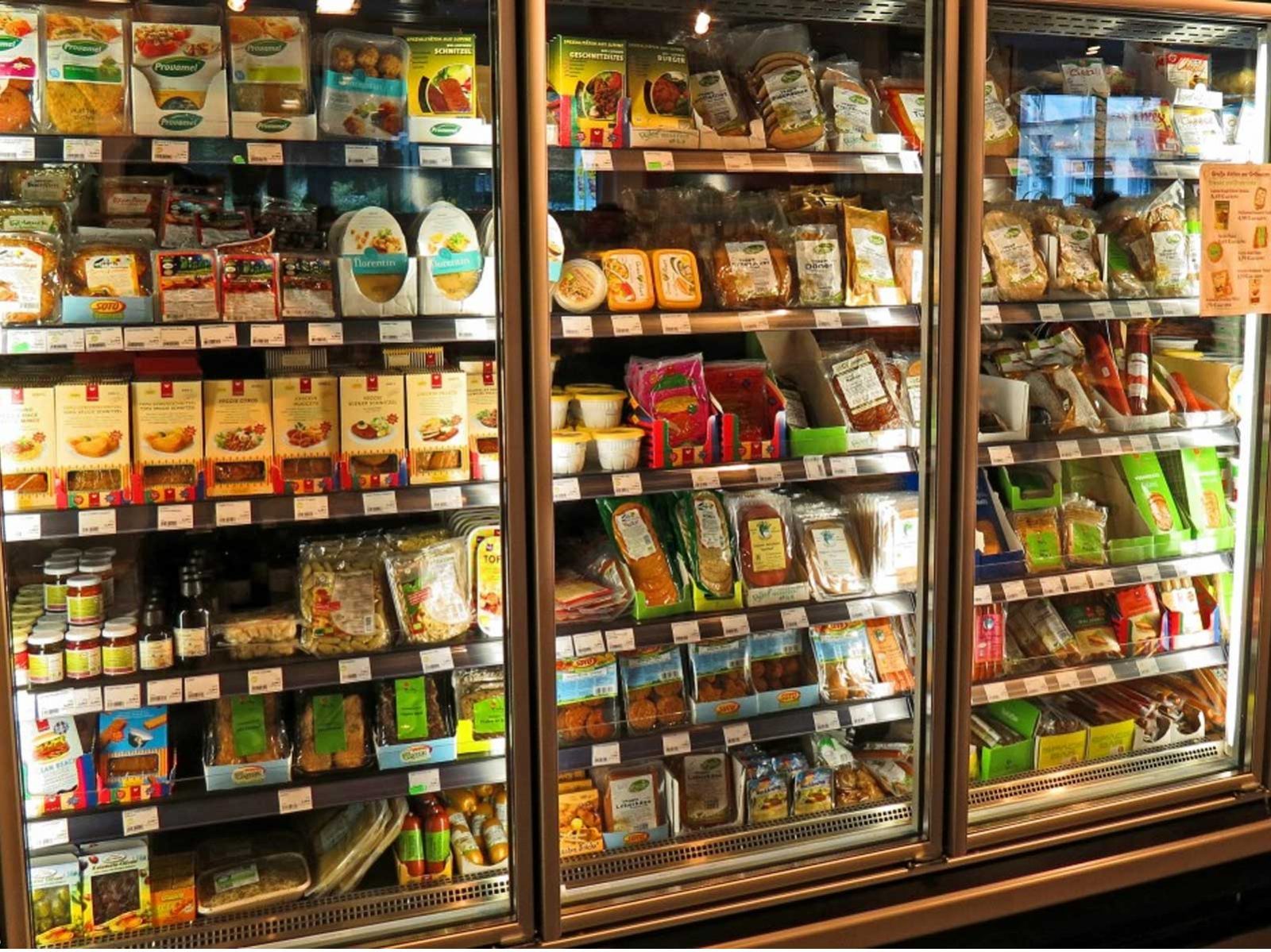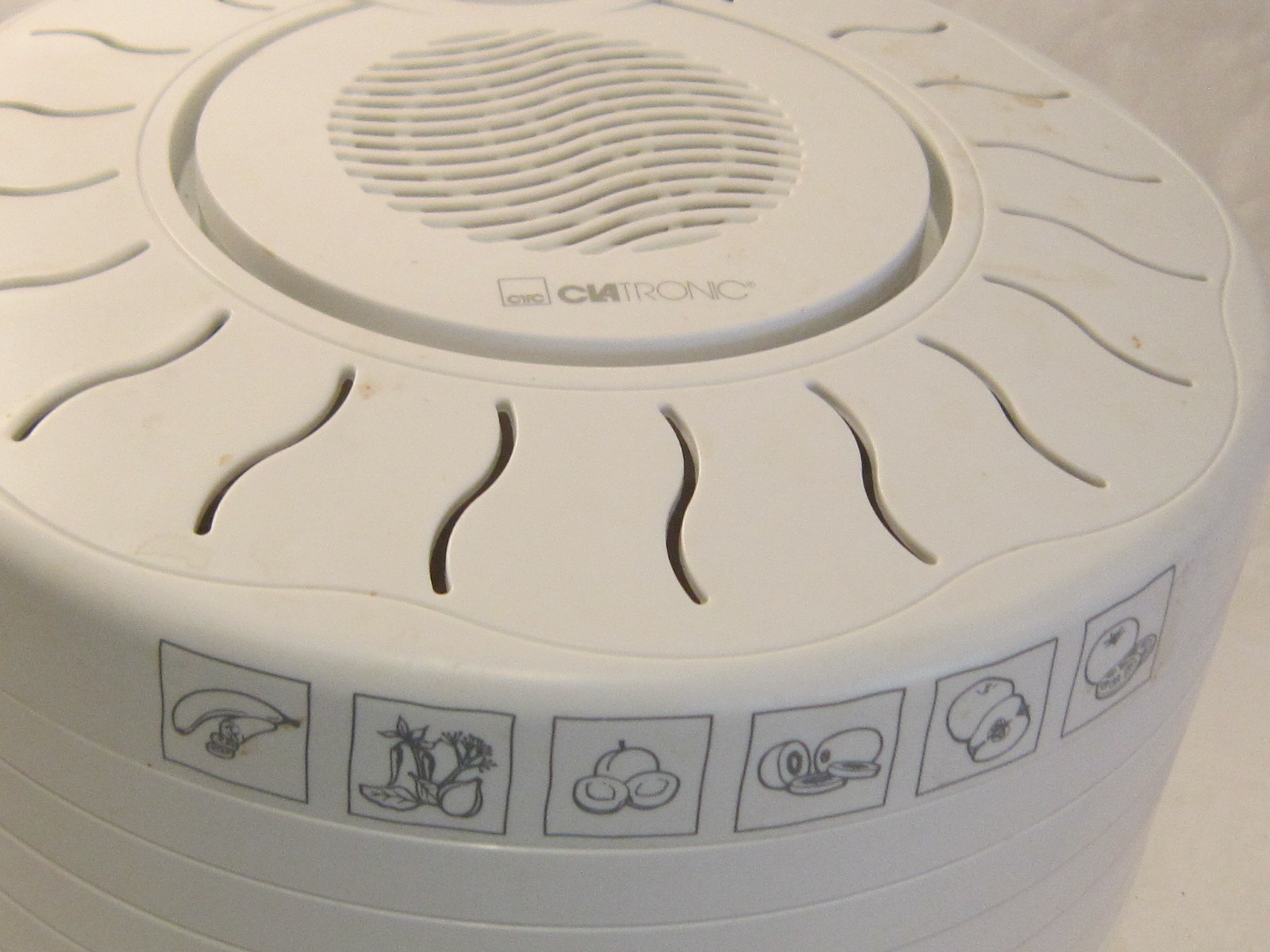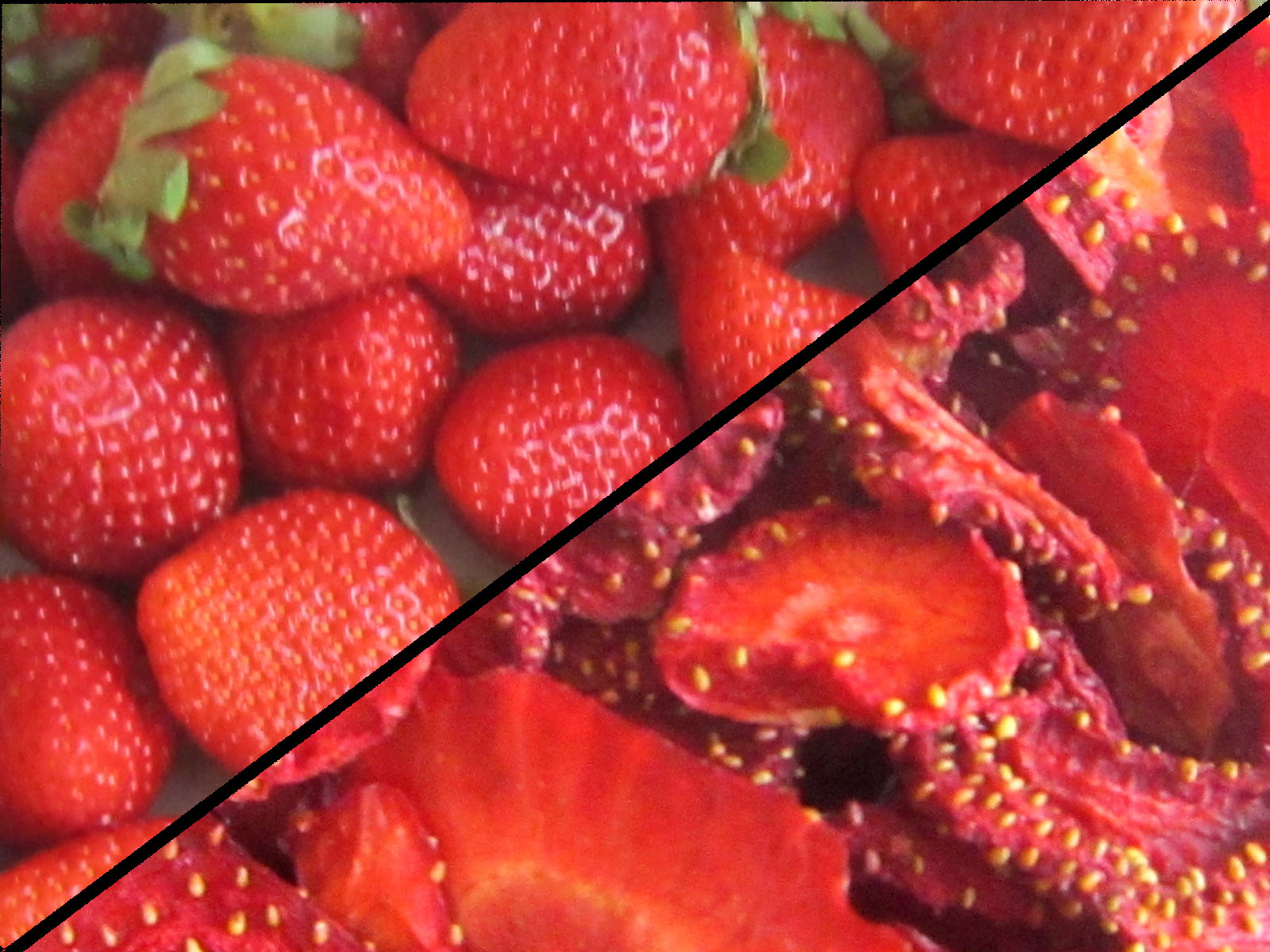It’s time we started to take control of what we eat and what we feed our families. The incidence of chronic heart disease, cancer and Type 2 Diabetes is on the rise, and in too many cases it is caused by a poor diet lacking in the right nutrition. We need to re-embrace the power that is in natural foods and take back responsibility for our own well-being.
So how did we get here?
The main driving factors have been:
- Busy lifestyles
- Consumer driven societies
- Aggressive Marketing
A Busy Life
Despite the benefits of modern technology and transport our lives are still filled with so many things to do. Between work, kids and a social life we have very little time to devote to our diet and what it consists of. Ready meals and fast foods stepped in and seemed to offer a solution. They are quick and easy to buy, to prepare and to eat. But sadly all they have given us is problems with health and weight gain.
Consumerism
We are programmed to consume. Everywhere in every way we are tempted to buy, use, eat, wear. If we cannot have the latest fashion or car or mobile device we feel deprived.
And all that takes money. We must have money in order to consume. We are driven to earn more, or steal what we do not have. Stress is the result, often for most of our lives, the pressure to succeed, to own, drives us. How did these things become our lodestars while our quality of life is being eroded by ill health?
Aggressive Marketing
One possible answer: Aggressive marketing.
Have you ever considered just how vital a part of our daily lives supermarkets and food stores are? If they all shut their doors tomorrow what would we do for food? How many of us have alternate sources of food if we cannot nip down to the corner store?
We need food to survive so in truth most of us cannot do without supermarkets. And our choices are therefor limited to what they sell.

But they are in it for the profit, not through any altruistic desire to help humanity survive!
So the selling of food products becomes the domain of the marketing gurus. We are persuaded what products we should choose to eat using varoius marketing techniques. For example:
- Convenience is marketed as desirable, at the expense of good nutrition.
- Sweets are placed at the checkouts to make them easier to buy on impulse.
- We are persuaded to eat foods that have supposedly wonderful health giving properties, while their true contents are hidden in the small print or some ambiguity of language.
- We are not told how long the fresh food has taken to get from the fields to the supermarket.
- We are not warned of the possible implications to our health of certain additives and preservatives, whose only purpose is to prolong the shelf life of goods or disguise their true taste.
- We are not told what pesticides and antibiotics have been used in the production of the food we eat.
- And we are not told exactly what has gone in to the preparation of the food we eat. For example, have you ever seen what margerine looks like before they add stuff to make it that pretty yellow colour?
“The Consumers’ Association said: ‘People are not getting what they believe they are paying for. Apart from that, spreads which customers believe are made mainly from olive oil are often nothing of the sort.'”
Mail Online – Hidden dangers of low-fat spreads
The Power Belongs to Us
We cannot keep blaming all of the above for the situation that is now developing, where young people are become morbidly obese, where the incidence of heart disease and diabetes is increasing, and where people are dying too early despite all the advances in modern medicine.
Dietary experts agree that the healthiest diet consists of food that is:
- Fresh (that means recently harvested!)
- Organic
- Unrefined
- In season
- Rich in probiotics
The changes you need to make for a healthier diet are not that hard, and it could give you and your loved ones a longer and healthier life.
So it’s up to you to make better health choices!
For some ideas on how the practice of dehydrating can be of help in the fight against bad food choices read my post on Why Dehydrate?




